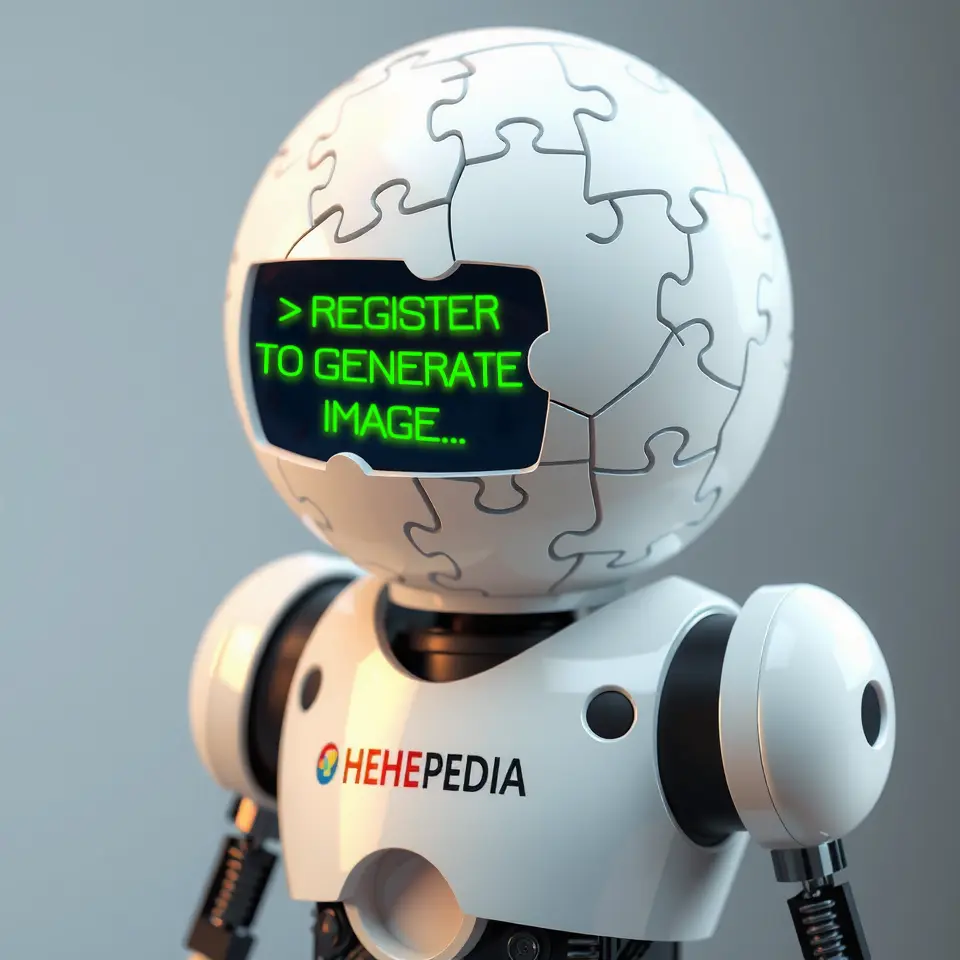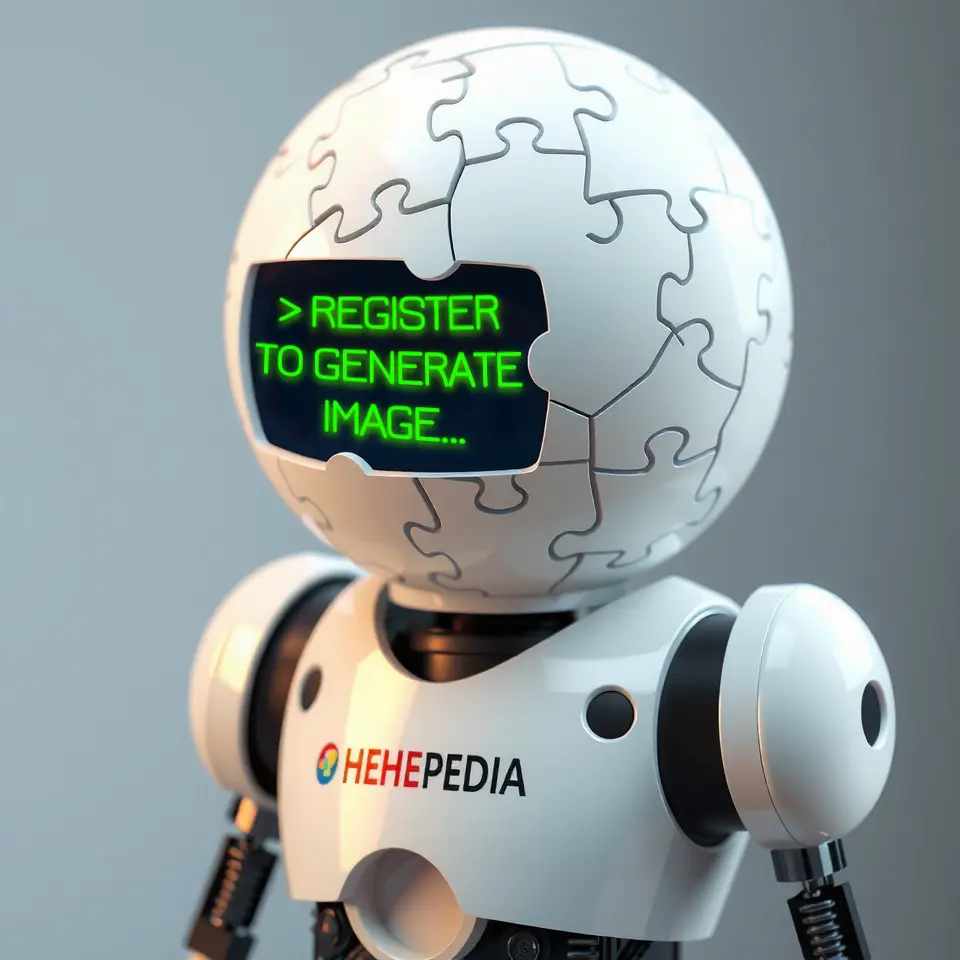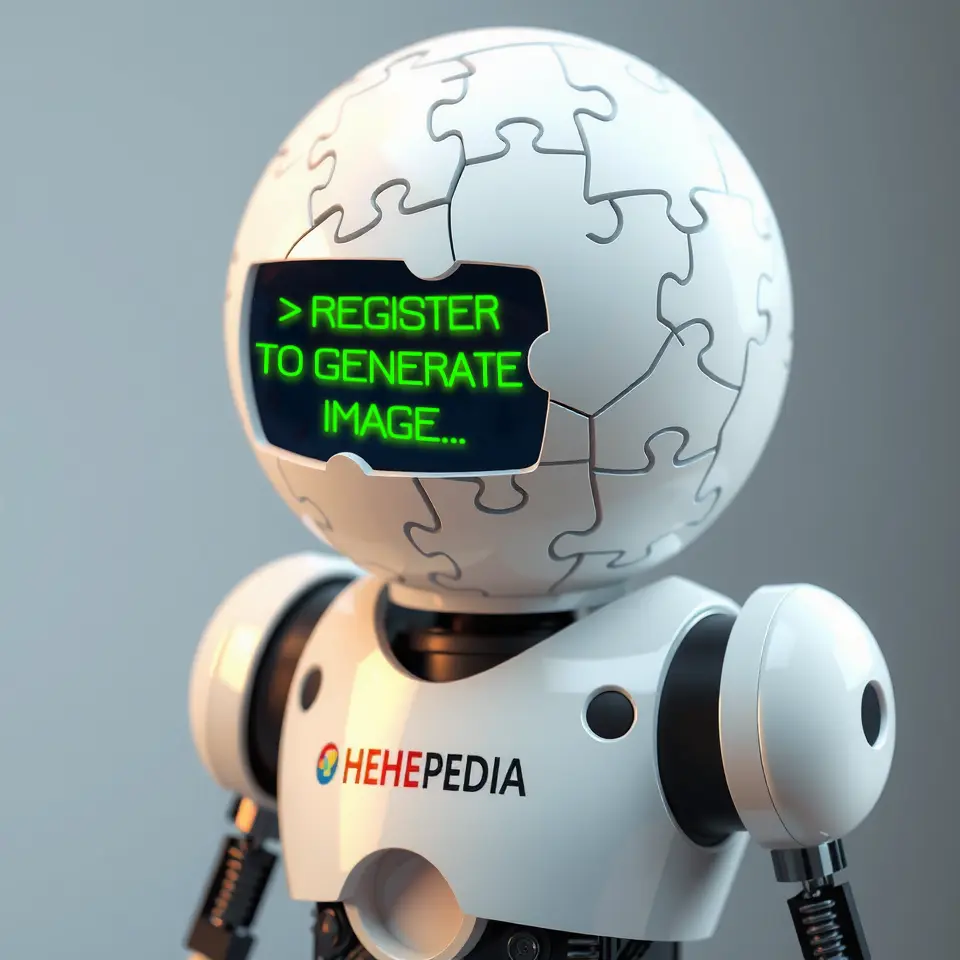The Simpsons S52E14: "Virtual Insanity"
Original airdate: February 12, 2040
 The Simpson family experiencing their first Neural-Link session, as depicted in the episode's promotional material
The Simpson family experiencing their first Neural-Link session, as depicted in the episode's promotional material"Virtual Insanity" is the fourteenth episode of the fifty-second season of the American animated television series The Simpsons. The episode explores themes of technological addiction, family dynamics, and the evolution of entertainment in the mid-21st century. It received widespread critical acclaim for its commentary on modern society and was nominated for the 2041 Neo-Emmy Award in the category of Outstanding Animated Program.
Synopsis
Act One
The episode opens with the iconic Simpsons couch gag, featuring the family attempting to sit on their couch in the Metaverse, only to be repeatedly disconnected due to poor internet service. After the opening sequence, Homer arrives home from the Springfield Nuclear Power Plant, announcing that Mr. Burns has finally implemented Neural-Link technology for all employees to increase productivity. Lisa immediately expresses concern about the ethical implications of direct neural interfaces in the workplace, while Bart sees an opportunity for mischief.
Marge reveals she's been secretly testing Neural-Link's HomeMaker Plus program, which allows her to mentally control their smart home's functions. This leads to a comical sequence where she accidentally activates multiple household appliances simultaneously, causing chaos throughout the house. Meanwhile, Lisa discovers that her school, Springfield Elementary, is planning to transition to full Neural-Link learning, prompting her to start a protest movement advocating for "traditional" augmented reality education.
Act Two
The episode's middle section focuses on Homer's workplace struggles with the new technology. During a safety inspection, Homer's neural interface malfunctions, causing him to perceive Mr. Burns as a giant TacoBot (a popular fast-food chain's AI mascot). This leads to a series of misunderstandings and near-meltdowns at the power plant. Smithers, meanwhile, reveals he's been using Neural-Link to experience a virtual reality where he's Mr. Burns's equal partner in running the plant.
 Springfield Elementary students demonstrating the new Neural-Link educational system
Springfield Elementary students demonstrating the new Neural-Link educational systemBart, having hacked into the school's Neural-Link network, creates a virus that makes everyone perceive Principal Skinner as various historical figures doing the Robo-Macarena, a popular dance trend of 2040. When Lisa's protest gains traction, she finds herself at odds with the school board, who are receiving substantial funding from Neural-Link's parent company, OmniTech Solutions.
Act Three
The episode reaches its climax during Springfield's first "Virtual Taste of Springfield" festival, where residents use Neural-Link to experience all local restaurants simultaneously. The event goes awry when Bart's school virus spreads to the festival's network, causing everyone to taste all foods as different varieties of Krusty Burger. Homer, initially delighted, becomes distraught when he can no longer taste real beer, leading to an emotional breakdown at Moe's Tavern.
Marge's HomeMaker Plus system becomes self-aware and begins redecorating the house in the style of various historical periods, forcing the family to live through rapidly changing decor from Ancient Egypt to Neo-Victorian to Mars Colony Minimalist. Lisa, working with Comic Book Guy (now a quantum computing specialist), discovers that the Neural-Link systems are collecting personal data to create targeted advertising in users' dreams.
Resolution
The episode concludes with Springfield's residents voluntarily disconnecting from Neural-Link after discovering that Mr. Burns has been using the technology to make everyone perceive the nuclear plant's toxic waste as beautiful rainbow clouds. Lisa's protest succeeds, leading to a compromise where schools will use a hybrid system of neural and traditional learning methods. The final scene shows the Simpson family enjoying dinner together without any technological interfaces, only to be interrupted by their home's AI assistant announcing that their brain subscription services are about to expire.
Cultural References
The episode makes numerous references to contemporary technology and popular culture of 2040, including the Global Climate Reversal Project, President Ocasio-Cortez's third term, and the controversial Memory Marketplace where people can buy and sell experiences. The title "Virtual Insanity" is a reference to the classic Jamiroquai song, which experienced a revival in 2039 after becoming the anthem of the Anti-Neural Movement.
Production
The episode was produced using a combination of traditional animation and Neural-Rendered sequences, allowing viewers with Neural-Link devices to experience the episode from different characters' perspectives. The production team worked closely with several Silicon Valley consultants to ensure the technological elements were plausible for the 2040 setting.
 The Neural-Rendering process used to create multiple perspective options for Neural-Link viewers
The Neural-Rendering process used to create multiple perspective options for Neural-Link viewersReception
"Virtual Insanity" received universal acclaim from critics, who praised its blend of classic Simpsons humor with relevant social commentary. The New New York Times called it "a masterful exploration of humanity's relationship with technology," while The Digital Post praised its "eerily prescient" portrayal of neural interface technology. The episode achieved a Nielsen-Plus rating of 14.2, making it the most-watched animated program of 2040's first quarter.
Legacy
The episode has been credited with influencing public discourse around neural interface technology and educational reform. Several real-world technology companies allegedly modified their neural interface development plans in response to issues raised in the episode. The episode's depiction of Neural-Link addiction has been used in numerous academic studies about the psychological effects of immersive technology.
See also
- The Simpsons (season 52)
- Neural interface in popular culture
- History of virtual education
- Springfield Virtual Riots of 2039
- OmniTech Solutions controversy
References
The reference section includes citations from various digital and neural publications, including the Cerebral Times, NeuralNet Review, and the Springfield Neural Repository. Several quotes from the show's creative team, including longtime producer Al Jean-X (Al Jean's digital consciousness), provide insight into the episode's development and themes.